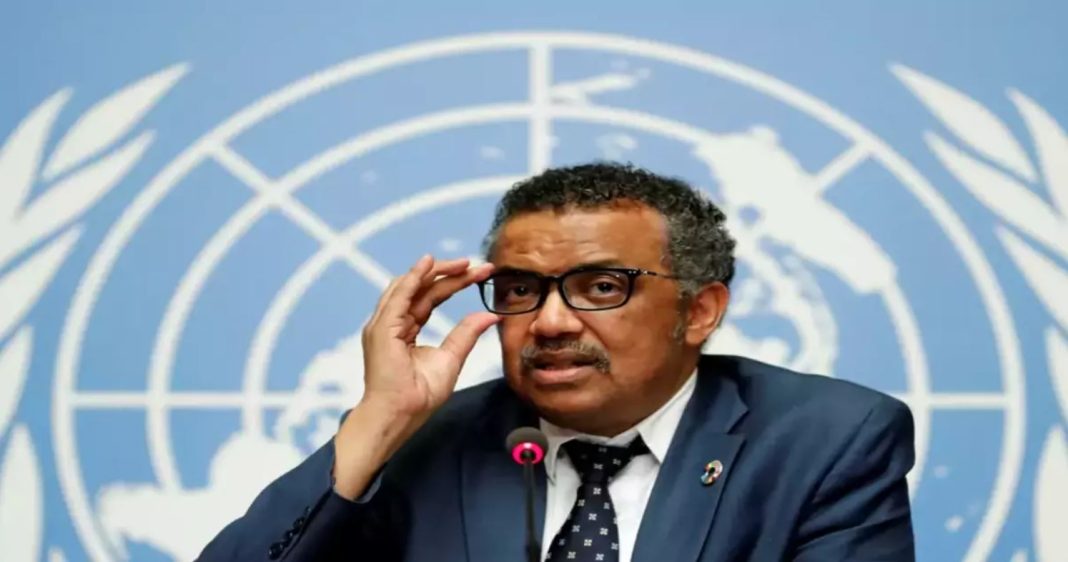In order to treat the injured, provide medical supplies, and stop outbreaks, the World Health Organization (WHO) on Wednesday declared the flooding in Pakistan to be at the highest level of emergency and released $10 million from the Contingency Fund for Emergencies (CFE).
33 million people in 33 districts of Pakistan have been affected, with 6+ million of them in urgent need of humanitarian assistance, according to the head of the WHO.
“Under our internal grading system, WHO has classified the flooding in Pakistan as a grade 3 emergency, the highest level, which means all three levels of the organization — the country and regional offices, as well as headquarters — are involved in the response,” WHO Director General Tedros Adhanom Ghebreyesus said in a briefing.
According to Dr. Tedros, weeks of intense monsoon rains have resulted in extensive flooding and landslides, which have led to fatalities, evictions, and property loss. Nearly 900 medical facilities have suffered damage, and more than 1,000 deaths have been reported.
“3/4 of Pakistan’s districts and 33 million people have been affected, with 6+ million in dire need of humanitarian aid. Damage to health infrastructure, shortages of doctors and limited health supplies are disrupting health services, leaving children, pregnant women and breastfeeding mothers at increased risk.”
According to the WHO Director-General, Pakistan is already at risk for diseases like COVID-19, cholera, typhoid, measles, leishmaniasis, HIV, and polio.
Read More: How the floods caused heavy damages to Pakistan
According to him, recent epidemics of diarrheal illnesses, skin infections, respiratory tract infections, malaria, dengue, and other illnesses have been brought on by the flooding.
He asserted that many populations that depend on crops and animals will see major effects on their diet and health as a result of the loss of these resources.
“Floods in #Pakistan, drought and famine in the Greater #HornofAfrica, and more frequent and intense cyclones in the Pacific and Caribbean all point to the urgent need for action against the existential threat of #climatechange,” he added.














